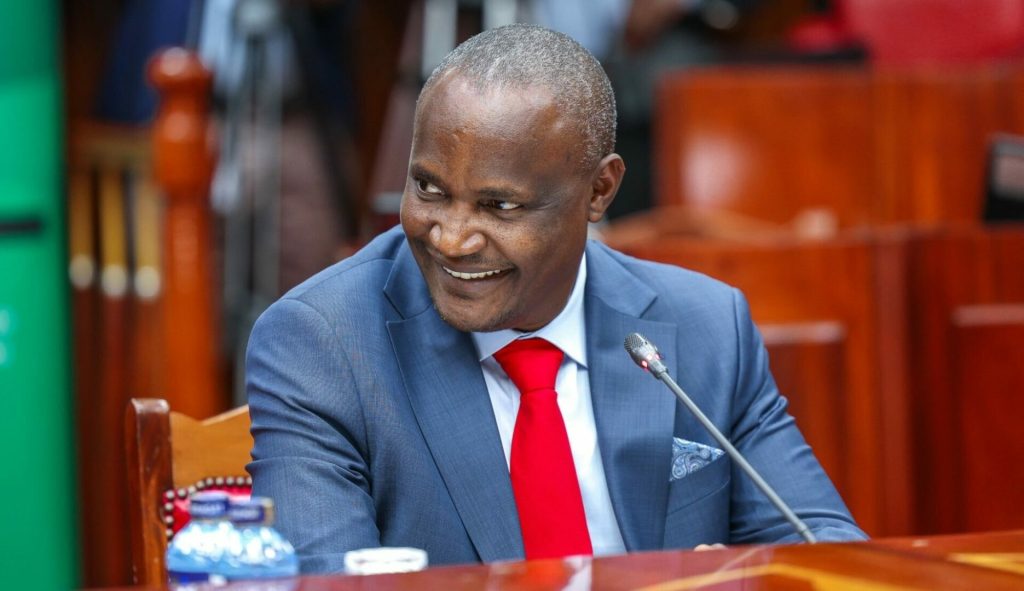Kenya is looking to raise approximately $1.2 billion by reintroducing certain unpopular taxes outlined in a finance bill that was previously eliminated due to violent street demonstrations.
President William Ruto had previously cautioned about a funding deficit after opting to retract the contentious tax increases in June, following a tumultuous day in Nairobi marked by the invasion of parliament and law enforcement officers using live ammunition against protesters.
During an interview with private station Citizen TV on Sunday, Finance Minister John Mbadi disclosed that the government is exploring approximately 49 tax proposals to generate around 150 billion shillings ($1.2 billion).
The proposed measures encompass the potential reintroduction of an “eco levy” on products like electronic goods and plastic packaging, which the government says is intended to curb waste accumulation.
“If you are injurious to the environment, then you must pay for helping make good the harm you have caused,” Mbadi said.

Mbadi is among four opposition leaders who were recently appointed to a restructured cabinet. Ruto promised to form a more inclusive government to pacify the grievances of protestors, many of whom are young Kenyans.
In response to the cancellation of the 2024 finance bill, which aimed to generate approximately $2.7 billion in taxes, Ruto has proposed reducing government spending and increasing borrowing to cover the resulting budget shortfall.
Following the scrapping of the 2024 finance bill, global credit rating agencies Moody’s and Fitch have downgraded Kenya’s credit rating due to concerns about the government’s capacity to manage its $78 billion public debt.


